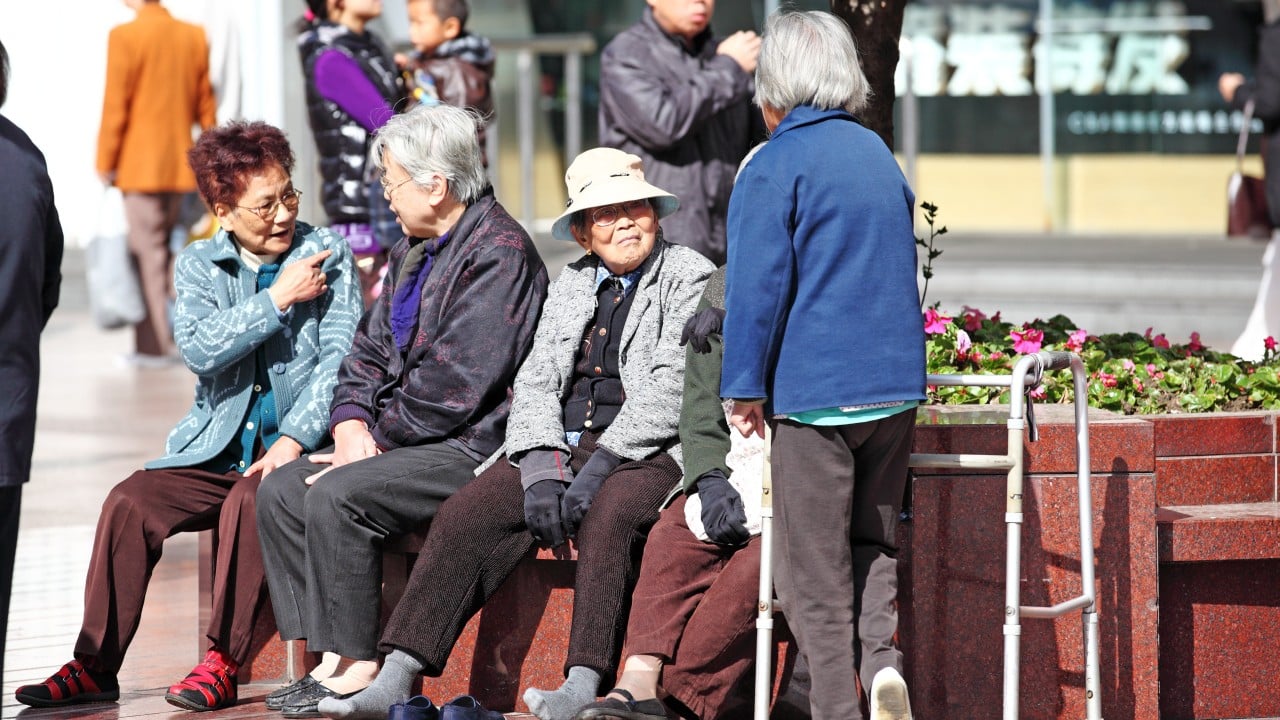Authorities have pledged to make China’s 2.88 trillion yuan (US$402 billion) social security fund “bigger and stronger”, allowing it to serve as a safety net for a rapidly-ageing population.
The pension fund would also increase investment in the domestic capital market, especially strategic sectors, National Council for Social Security Fund party secretary and vice chair Ding Xuedong said.
“[The National Social Security Fund is] a strategic reserve fund for social security needs during the peak period of population ageing, and is the ballast stone of the country’s social security system,” Ding said, in an article published by the Study Times, the Central Party School’s official newspaper, on Monday.
Introduced in 2000 in response to an ageing population, the fund has supported China’s welfare system, including pensions and work injuries, as well as medical, unemployment and maternity insurance.
As of 2023, China had nearly 297 million people aged 60 or above, accounting for 21.1 per cent of the national population.
And China has, according to Ding, entered a moderate ageing stage, and it is expected to enter a severe ageing stage around 2035 that is set to last for a long time.
“It is unprecedentedly urgent and arduous to make the strategic reserve fund bigger and stronger,” Ding added.
The general public in China – especially the younger generation – have long-standing concerns over the sustainability of the state pension system.
In 2019, a report from the Chinese Academy of Social Sciences warned that the main state pension fund – the urban worker pension fund which is the backbone of the country’s state pension system – would run out of money by 2035 amid China’s shrinking workforce.
Ding added that the National Social Security Fund would seize the opportunity for fund accumulation, promoting the establishment of a stable capital injection mechanism and expanding funding sources.
According to the fund’s annual report published in September, its total assets were 2.88 trillion yuan at the end of 2022, with 90 per cent allocated to domestic investments and 10 per cent in overseas markets.
It had generated more than 7 per cent of average annual gains since its inception, Ding said.
[We must] strive for better investment returns through sound investment operations
The fund would also expand the scale of its investment operations and optimise the scope and tools of investment, while strengthening risk monitoring and early warning mechanisms to “maintain the safety bottom line”, he said.
“[We must] strive for better investment returns through sound investment operations … and continuously consolidate the wealth foundation to actively respond to the ageing population,” Ding added.
Ding also vowed to improve the disclosure mechanism for pension fund investment and social supervision to ensure the openness and transparency of operations and to stabilise the public expectation for a secure pension system.
Meanwhile, the fund would also step up investment in the domestic capital market and increase long-term equity investment in strategic and basic areas related to the lifeline of the national economy, as well as technological innovation.
As one of China’s biggest state-run investors, the fund must help the stable and healthy development of the capital market, and support the construction of a modern industrial system and the development of the real economy, Ding said.
“We will actively smooth the ‘technology-industry-finance’ cycle and strive to achieve a ‘win-win’ of serving technological innovation and expanding the scale of pension funds,” he added.


